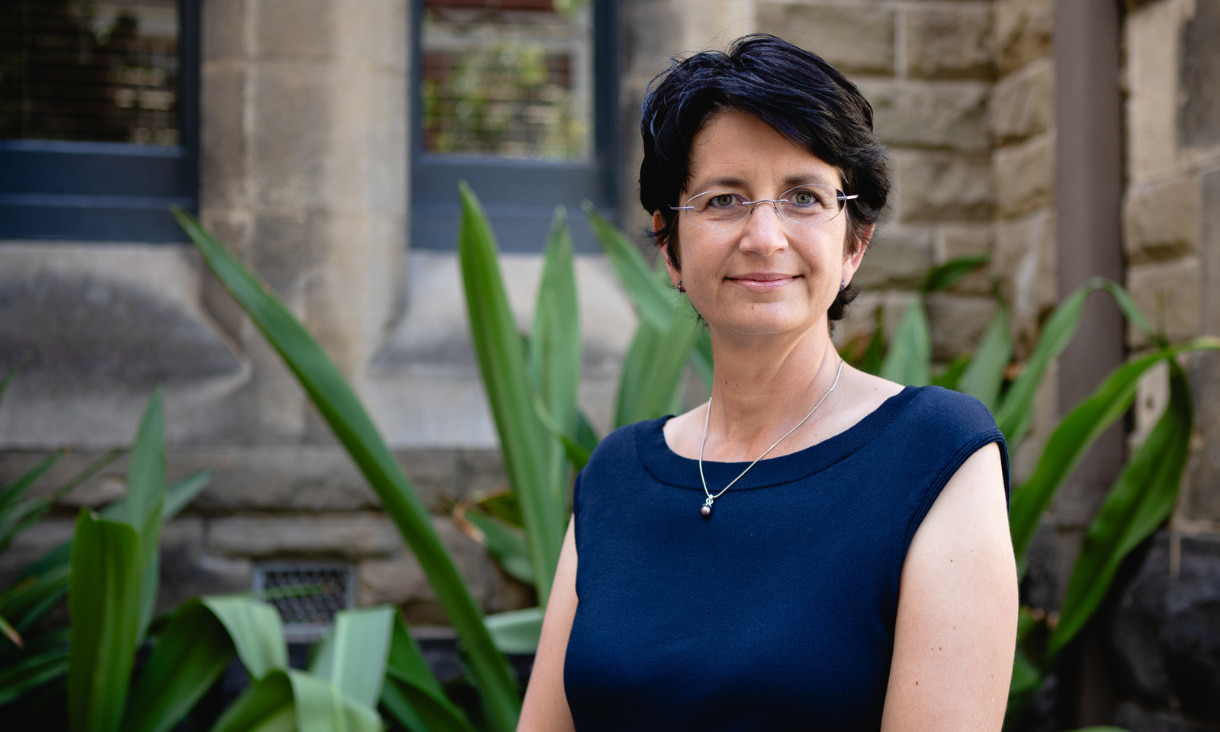This physiotherapy degree, based in Bundoora, will produce agile, resilient and enterprising health professionals that have “A Cultivated Mind and Skilled Hands” to meet Australia’s expanding health requirements.
Students will learn therapeutic communication skills, business and enterprise acumen, skills in technology and digital health, and physiotherapy skills in healthcare across the lifespan to drive innovation for responsible practice to enhance health outcomes.
Professor Catherine Itsiopoulos, Dean School of Health and Biomedicine at RMIT, said the new degrees were a response to the industry demand for graduates who are equipped with a broad range of skills to meet the increasing and changing demands of the health sector.
“This new degree in Physiotherapy will prepare our graduates with the skills to ensure that they are able to provide person-centred healthcare for health and wellness into the future,” she said.
"Almost every person needs physiotherapy at some point in their lifetime, and with Australia’s population ageing, it's important to develop graduates who can respond to our population's increasing healthcare needs.”
EmpowEEr program adds new dimension to work-integrated learning
As part of the University’s ongoing commitment to producing graduates that align with industry requirements, the Master of Physiotherapy will have an added dimension in the form of the EmpowEEr program.
“The EmpowEEr program aims to take work-integrated learning (WIL) to the next level by offering students an ongoing professional placement with an industry leader to Explore, Experience and Engage in healthcare by being one of the team,” said Professor of Physiotherapy, Doa El-Ansary.
“Students will be immersed in business, developing key skills, understanding workplace culture, receiving mentorship and developing their personal and professional skills over a longer period of time, to accelerate their career development to ensure they are of immediate workforce value,” said Professor Catherine Itsiopoulos.
“By the time they graduate from their Master of Physiotherapy, students will have acquired skills allowing them to step into acute hospital and community settings that include private practice, better equipping them to respond to increasing complexity within health,” said Professor of Physiotherapy, Doa El-Ansary.





